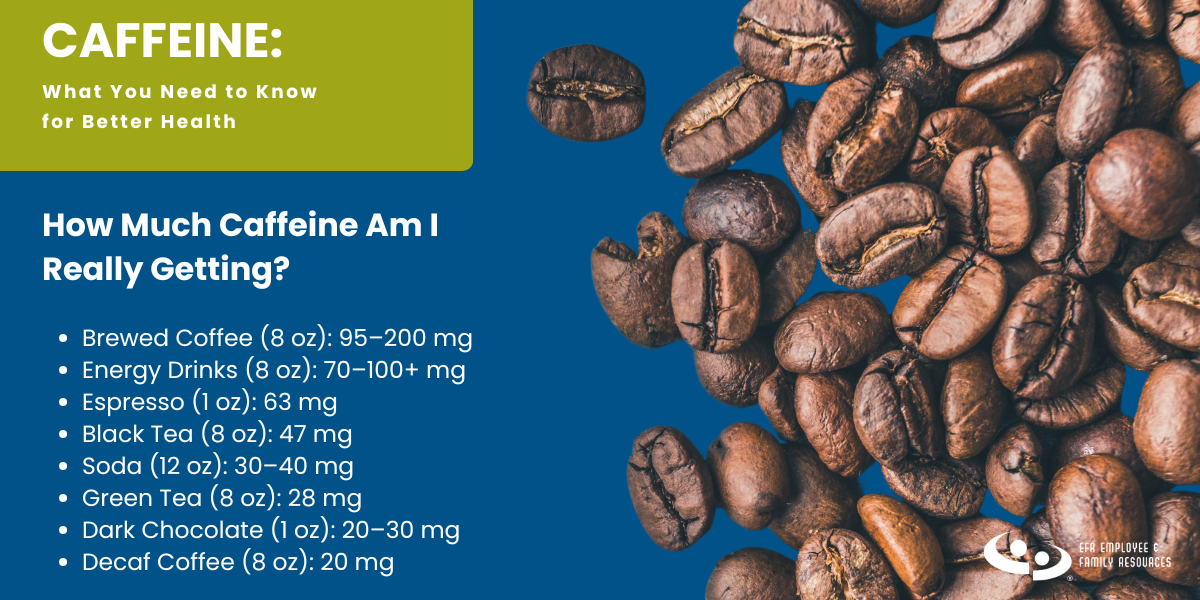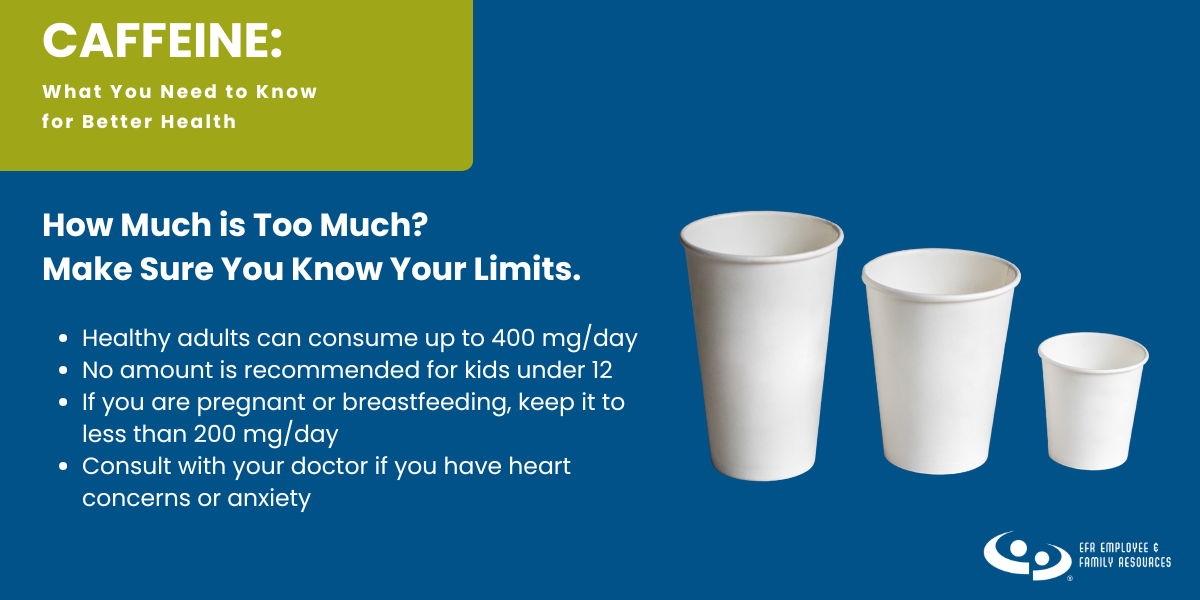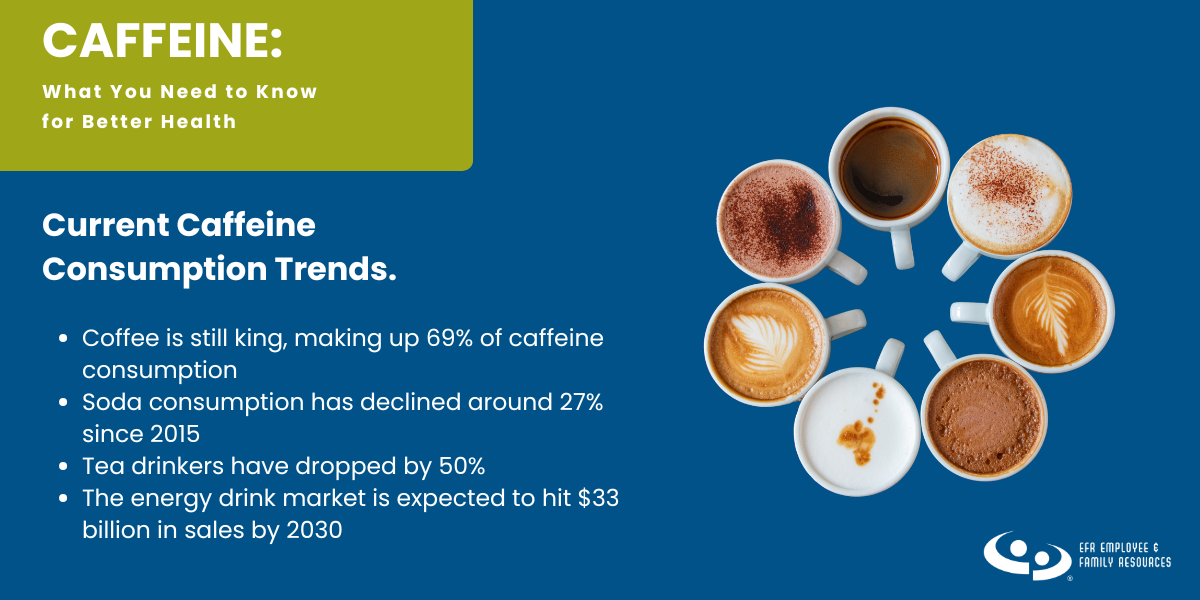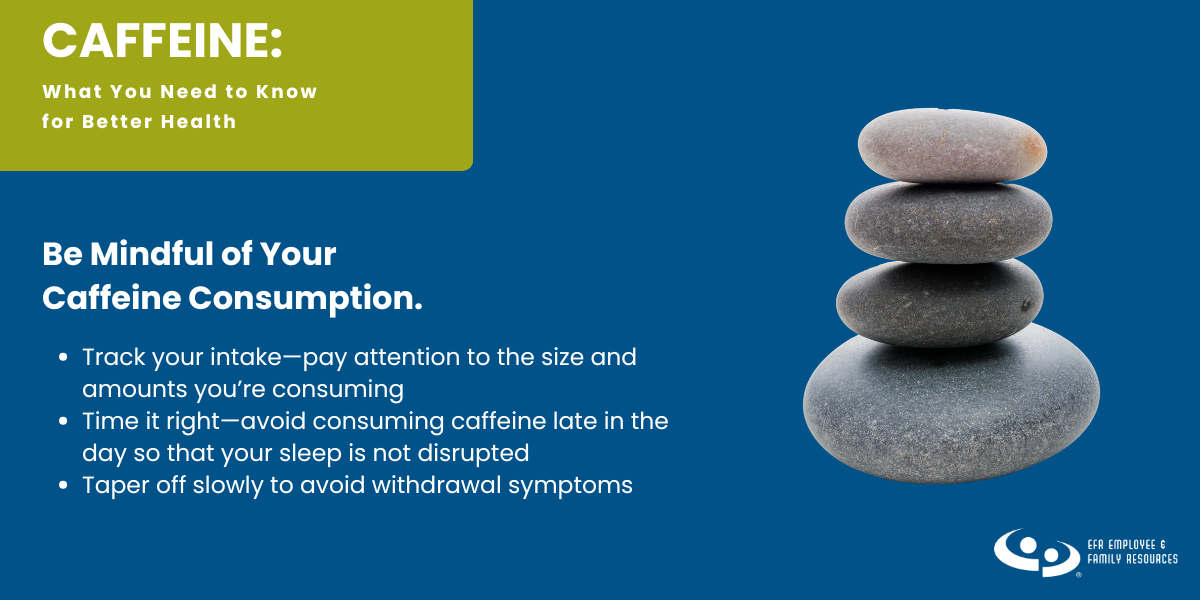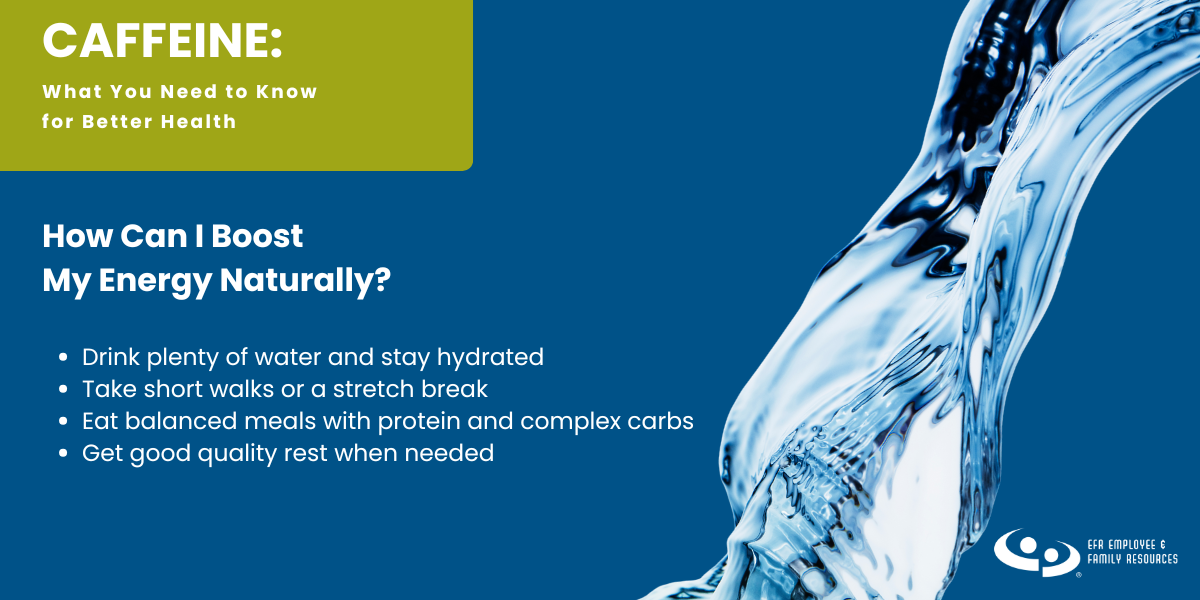A reflexive “thank you” isn’t genuine gratitude
Think back, way back! How did your gratitude journey begin? Mine began, as I’m sure it did for many of you, like this: “Scarlett, say thank you to the nice man!'” My mother’s patient reminder (probably the 20th time that day) elicited my shy response, “Thank you.” One of the first pro-social behaviors we learn as children is to thank others for what they do or give to us. The automatic “Thanks” is a beneficial aspect of polite society. Yet when it becomes such a habitual response, we overlook the benefits of TRUE gratitude. Honest expression and authentic experience are foundational—fake appreciation is a no-go.
The Science of Gratitude: A lesson from millennium past still rings true
Who knew what has been advised by religions, indigenous cultures, and philosophers for a millennium would become a key topic of study for scientists and physicians across the modern world? For the past 20 years, scientists have used sophisticated technology to research gratitude’s impact on the brain, heart, and body. I want to share some of what I’ve learned regarding gratitude’s extensive benefits to us mentally, emotionally, physically, and in building healthy relationships. As you read this, I hope you begin or continue your relationship with gratitude. Maybe you’ll even decide to create or expand your own gratitude practice. So let’s begin with;
Gratitude is motivational.
When you experience the warmth of doing something positive for another human and feel their honest appreciation, it establishes a genuine motivation to continue being of service to others. Being thanked feels good! The book, The Gratitude Project, asserts that gratitude doesn’t lead to complacency. Instead, it “…drives a sense of purpose and a desire to do more.” In his podcasts, Dr. Andrew Huberman, a neuroscientist and professor, explains that we have different circuits in our brains. One is pro-social and drives us toward relationships and positive connections; another is defensive and pushes us toward resentment and fear. Through research and technology, including fMRI (functional magnetic resonance imaging), scientists document the brain’s response to gratitude and its power to motivate us to serve others.
Gratitude lifts you from unhealthy thinking.
A shift in perspective from insecurity and resentment to gratitude can catalyze transformational change. Joy and pain aren’t dictated solely by your circumstances. Your perceptions and the stories you tell yourself– good or bad, true or false – are at the helm of your thoughts and emotions. Current research reinforces this idea; focusing purely on the injustices and painful circumstances within the world triggers the brain circuit for resentment and fear.
It doesn’t mean that we don’t do all we can to make a difference—to stretch our arms and mend the places we can with our given capacities, to plant good seeds, to stand up for justice, to heal what is broken. This is part of what gives us meaning and well-being. But to do so with a joyful heart is a very different thing than to act out of anger, guilt, fear, or despair.
Gratitude improves well-being and promotes a sense of purpose.
Published in 2020 by the Greater Good Science Center based at the University of California, Berkeley, The Gratitude Project includes results from researchers across the country beginning in 2014. The study found that those who practice gratitude report fewer symptoms of mental and physical illness and greater optimism and happiness. It concludes that such benefits result from gratitude compelling a person towards generosity, which fosters stronger relationships.
It also found that gratitude drives a sense of purpose and a desire to do more. Studies have found that people are more successful at reaching their goals when they consciously practice gratitude. And those who kept a gratitude journal “…consistently report feeling more energetic, alive, awake, and alert.”
Gratitude promotes healthy & happy relationships.
Sociologist Arlie Hochschild and others believe that a successful relationship doesn’t just depend on how partners divide labor. How they express gratitude for one another’s contributions matters significantly. Expressing gratitude serves as a reminder that the labor one contributes is a gift, compelling the other partner to reciprocate efforts. In this way, thankfulness can create more equal dynamics within the division of labor, leading to greater appreciation, less resentment, and more satisfaction in the relationship.
Research recommended gratitude practice
So what does research recommend regarding how we can best employ gratitude in our lives? In reviewing the most recent scientific literature, Dr. Huberman recommends the following most effective research-based gratitude practice:
- Recall a memory grounded in a narrative – a story that elicits strong positive emotions.
- The story may be about your experience of receiving genuine, whole-hearted thanks or a story where someone else received thanks – one that touches your heartstrings whenever you remember it
- Write down bullet points to trigger your memory.
- Three times a week, take 3-5 minutes to remember the story. Sit and sink into it, allowing feelings of gratitude and appreciation for the story to wash over you.
However, you don’t need to abandon a gratitude practice that is meaningful to you! It’s the experience of warmth and connectedness and depth of feeling that precipitate the release of serotonin and other life-uplifting and physiologically beneficial chemicals to your brain and body!
A word from the author
Amid this colorful harvest season, please take this writing as a fare of tasty tales of thanks, with tidbits from the bountiful research clarifying the importance of embracing a life of gratitude. Often criticized as a society of individualists, what truly creates healthy individuals, families, organizations, and communities is the desire to be the one worthy of thanks tied neatly to being the recipient of gracious givers. Let’s harvest the benefits of feeling appreciated when we’re thanked. So this November, create your own gratitude practice that makes your body want to dance, your heart want to sing, and your relationships ever more fulfilling!
Go down the rabbit hole with additional research on gratitude!
1. Christina Costa, Neuroscientist & Professor.
Another excellent YouTube (and Ted Talk) is by Christina Costa, “Kiss your brain: The science of gratitude,” which lays out the benefits of gratitude:
- Psychological: positive emotion, enhanced mood
- Social: more empathy, stronger relationships
- Physical: stronger immune system, less pain
2. Andrew Huberman, Ph.D., neuroscientist and tenured professor in the Department of Neurobiology at the Stanford University School of Medicine.
Dr. Huberman extensively reviews the current and most salient research on gratitude. He shares how specific neural circuits are wired for gratitude in his podcast/YouTube, “The Science of Gratitude & How to build a Gratitude Practice.”
3. Exploring neural mechanisms of the health benefits of gratitude in women: A randomized controlled trial.
This study showed that gratitude practices decreased amygdala (responsible for fear and resentment) responses and reduced cytokines TNF Alpha and IL6. Essentially, these cytokines can have positive aspects, such as tissue damage repair. But in the long term, for instance, when negative stressors stimulate them, they play a role in cancer development and its progression, control of cell replication, and harm the immune system. Those in the study experienced a decrease in cytokines within minutes of the gratitude practice.



